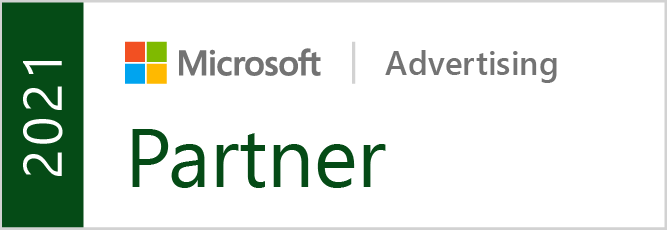Locations We Serve
We provide SEO, PPC and Digital Marketing services for each of the cities below. Get a free digital marketing consultation on your website today by filling out our form.
As seen in:
Schedule a free consultation with one of our digital sales consultants
We want to add your business to the list of partner companies that made millions through a partnership with Helium.




Locations We Serve
We provide SEO, PPC and Digital Marketing services for each of the cities below. Get a free digital marketing consultation on your website today by filling out our form.

Digital Marketing Locations
Alaska
California
Colorado
Florida
Georgia
Hawaii
Idaho
Indiana
Kansas
Kentucky
Louisiana
Maryland
Massachusetts
Michigan
Minnesota
Missouri
Nevada
New Jersey
New Mexico
New York
North Carolina
Oklahoma
Oregon
Pennsylvania
Texas
Virginia
Washington
Wisconsin
SEO Locations
Arizona
California
Colorado
District of Columbia
Florida
Hawaii
Idaho
Illinois
Indiana
Kansas
Kentucky
Louisiana
Maryland
Massachusetts
Michigan
Minnesota
Missouri
New Mexico
New York
North Carolina
Ohio
Oklahoma
Pennsylvania
South Carolina
Tennessee
Utah
Virginia
Wisconsin
Get a free ads audit from one of our digital sales consultants
We want to add your business to the list of partner companies that made millions through a partnership with Helium.



Our Team Has Experience in Over 28 Cities Nationwide

We are a digital marketing agency building SEO campaigns and solutions to help brands achieve their goals and generate revenue. Locations we serve.






